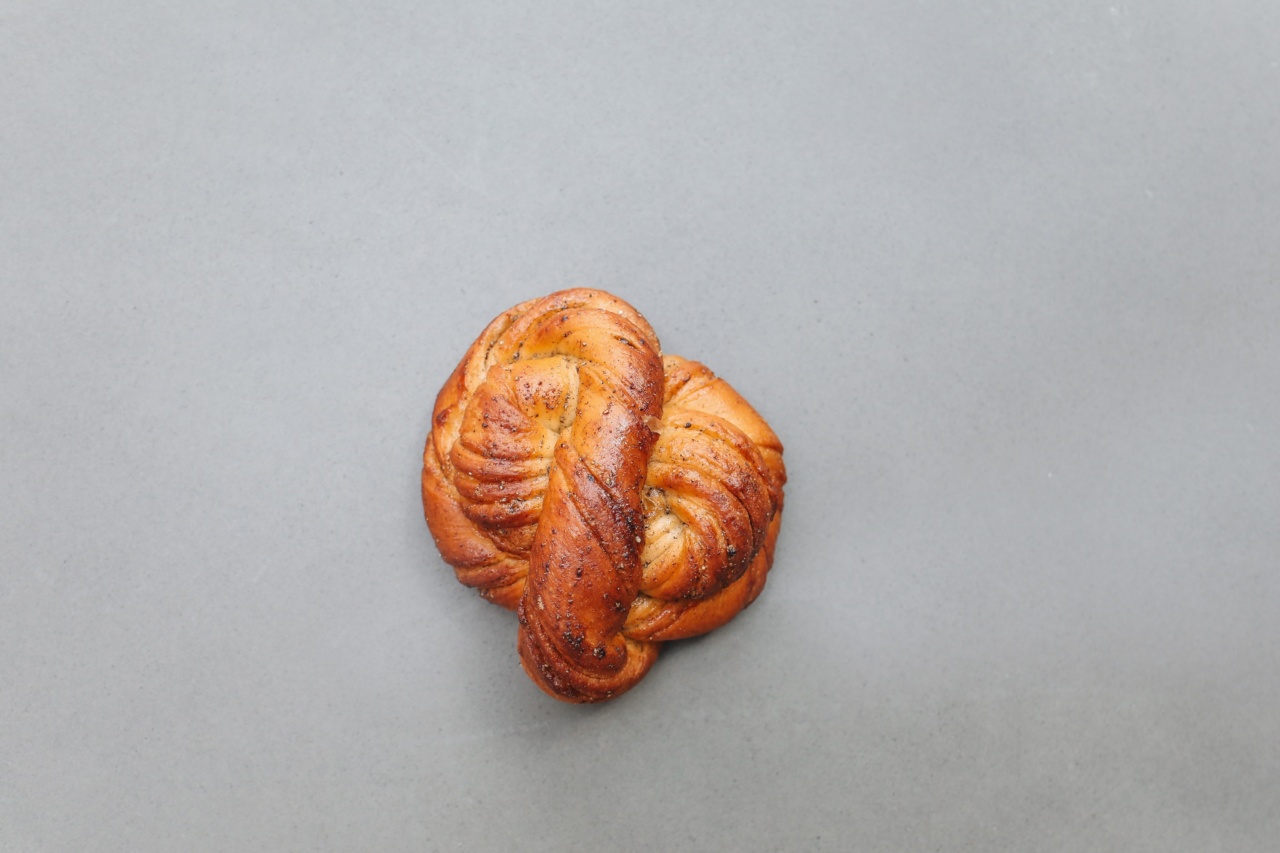Low-carb diets have become increasingly popular in recent years due to their numerous potential health benefits, including blood sugar regulation, weight loss, and improved heart health.
However, many low-carb foods and snacks on the market contain added sugars that can counteract these benefits, leading to increased inflammation and insulin resistance over time. Fortunately, there are plenty of low-carb options that are naturally free of added sugars and provide the nutrients your body needs to thrive.
1. Leafy Greens
Leafy greens are low in carbohydrates and high in essential vitamins, minerals, and fiber. They are also versatile and tasty, making them a great addition to any meal. Some popular options include spinach, kale, arugula, and Swiss chard.
These greens can be eaten raw in salads, blended into smoothies, or sautéed as a side dish.
2. Cruciferous Vegetables
Cruciferous vegetables, such as broccoli, cauliflower, Brussels sprouts, and cabbage, are also low in carbs and rich in nutrients.
They are particularly high in fiber and antioxidants, which can help protect the body against cancer and other chronic diseases. These veggies can be roasted, steamed, or eaten raw in salads or slaws.
3. Avocado
Avocado is a unique fruit that is high in healthy fats, fiber, and a variety of vitamins and minerals. It is also low in carbohydrates and naturally free of added sugars.
Avocado can be sliced and eaten on its own, mashed into guacamole or spreads, or added to salads and sandwiches for added flavor and nutrition.
4. Nuts and Seeds
Nuts and seeds are a great source of healthy fats, protein, and fiber, and they are naturally low in carbohydrates. Some popular options include almonds, walnuts, chia seeds, flaxseeds, and hemp seeds.
These can be eaten as a snack on their own, added to salads or yogurt bowls, or used as a base for homemade nut butters or seed crackers.
5. Berries
Berries are a great low-carb fruit option that are also naturally free of added sugars. They are high in antioxidants, fiber, and essential vitamins and minerals. Some popular options include strawberries, raspberries, blueberries, and blackberries.
Berries can be eaten on their own, added to smoothies or yogurt bowls, or used as a topping for low-carb desserts.
6. Meat and Seafood
Meat and seafood are naturally free of carbohydrates and can be a great source of protein, healthy fats, and other nutrients, such as iron, calcium, and omega-3 fatty acids. Some popular options include chicken, beef, salmon, shrimp, and tuna.
These can be grilled, roasted, or sautéed with low-carb veggies and herbs for a flavorful and filling meal.
7. Dairy Products
Dairy products, such as cheese, butter, and heavy cream, are low in carbohydrates and high in fat, protein, and calcium.
However, it is important to choose high-quality, full-fat options and to consume them in moderation, as they can be high in calories. These can be added to salads, omelets, or eaten on their own as a snack.
8. Coconut Products
Coconut products, such as coconut oil, coconut milk, and coconut flour, are low in carbohydrates and high in healthy fats and fiber. They are also a great source of medium-chain triglycerides (MCTs), which can help boost energy and promote weight loss.
Coconut products can be used in cooking and baking as a substitute for high-carb or processed ingredients.
9. Spices and Herbs
Spices and herbs are a great way to add flavor and nutrition to low-carb meals without adding extra carbs or sugar. Some popular options include garlic, ginger, turmeric, basil, and oregano.
These can be added to soups, stews, roasted veggies, or used to season meat and poultry dishes.
10. Low-Carb Sweeteners
While it is best to reduce overall sugar intake, there are some low-carb sweetener options available that are made from natural sources and do not contain added sugars. Some popular options include stevia, monk fruit, and erythritol.
These can be used sparingly in baking or added to low-carb desserts for added sweetness.




























